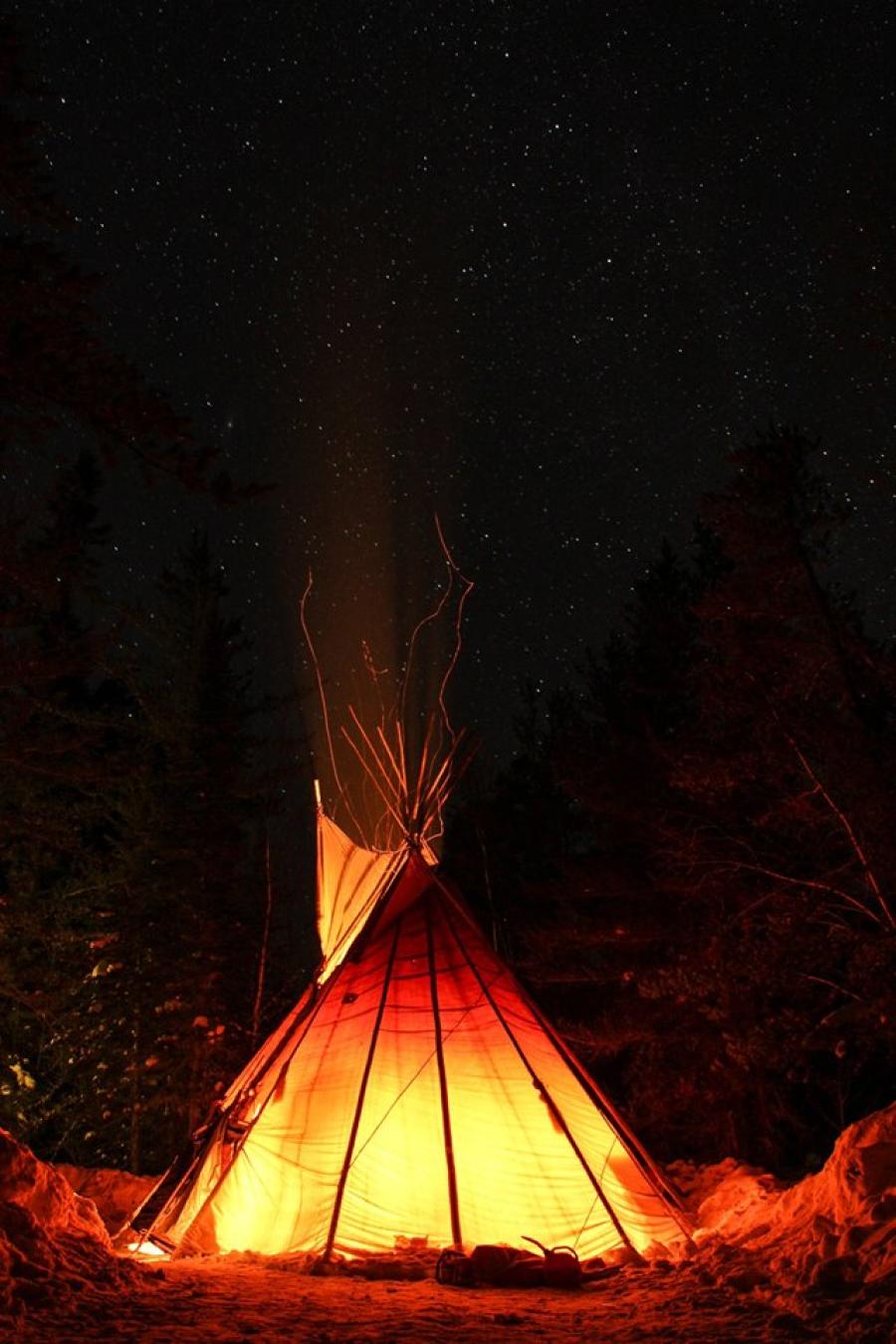
June 20, 2013, Tsilhqot’in Territory, B.C: The Tsilhqot’in National Government responded to today’s announcement that Federal Review Panel Hearings for the New Prosperity Mine proposal will commence in 30 days, amidst continued controversy over Taseko Mines Ltd.’s refusal to provide critical information directly requested by the Panel.
Concerns raised by the Panel include whether the project would cause Teztan Biny (Fish Lake) to drain into a massive open pit mine, and the company’s refusal to use the results of a groundwater pumping test from 1994, which showed high rates of water movement in the ground between the Lake and the proposed pit. Other concerns included the amount of uncontrolled contaminated seepage draining from the tailings into Teztan Biny, as well as contamination of Tsilhqot’in food sources.
“The Tsilhqot’in Nation looks forward to welcoming the Panel into our communities”, said Chief Joe Alphonse, Tribal Chair for the Tsilhqot’in National Government. “However, it will be a difficult process because our communities still cannot understand why we have to go through all of this again, given that this new proposal would be just as devastating for our culture and our lands as the rejected Prosperity proposal.”
“Once again we will share with the Panel our values and why we are so opposed to this destructive project,” said Roger William, Chief of the Xeni Gwet’in, one of the six Tsilhqot’in communities. “Besides the threat of Teztan Biny (Fish Lake) draining away, which was raised by Natural Resources Canada, we also continue to see serious concerns being raised by federal and provincial government experts. These include environmental and cultural concerns such as contamination of our lakes and streams. We are confident that like the last Panel, this federal review will recognize the serious threat that such a mine poses in such a sacred place.”
Chief Alphonse: “The Tsilhqot’in are not alone in recognizing that the proposed mine has serious environmental, cultural and economic risks that cannot be ignored in the Panel review. The serious issues raised by government experts only further prove to us that this proponent cannot support its claims, environmental or cultural. We think they should be kicked out of the process right now.”
Chief William: “The Tsilhqot’in Nation remains unified in its opposition to this project because of the tremendous destruction it would mean for critical traditional lands and waters and the cultural survival of the Tsilhqot’in people.”



